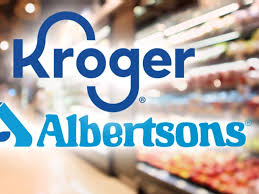The fallout from the failed merger between Kroger and Albertsons continues to reverberate. After their proposed $25 billion tie-up collapsed — blocked by courts on antitrust grounds — both companies have spilled into a full-blown legal battle.
Albertsons was first to strike, accusing Kroger of breaching the merger contract: allegedly refusing to divest certain assets, ignoring regulatory feedback, and failing to cooperate. Albertsons demands not only the $600 million break-up fee but also compensation for the costs and efforts it poured into trying to close the deal.
Kroger responded with a detailed counterclaim. According to its filing, Albertsons engaged in secretive moves to undermine the merger, including clandestine communications with C&S Wholesale Grocers — a company that had agreed to buy divested assets. Kroger alleges that Albertsons essentially built a “Plan B” to sue once the merger was doomed, and that Albertsons accelerated that plan immediately after the courts blocked the deal.
In addition to disputing Albertsons’ legal claims, Kroger’s countersuit also underscores its belief that Albertsons manipulated regulatory processes and misled investors. For its part, Kroger is seeking to recover the money it spent to get regulatory approval — money that, from its perspective, Albertsons betrayed.
This isn’t just a corporate spat. The case has broader implications for U.S. retail consolidation, antitrust enforcement, and how supermarket giants navigate growth when faced with regulatory headwinds. Even as both companies continue to operate independently, the legal war between them could reshape their future strategies.


